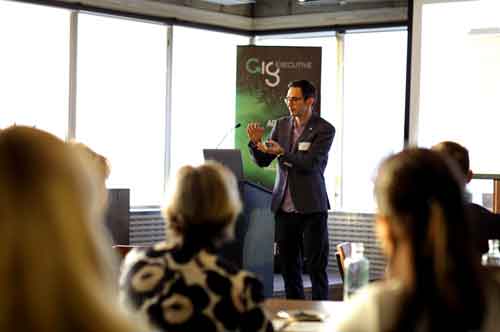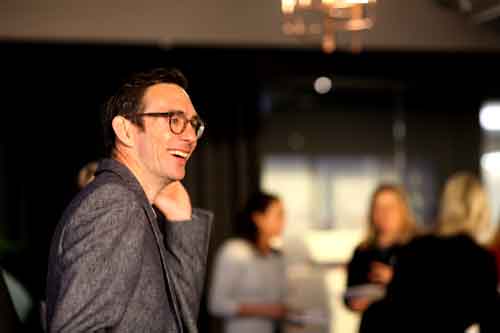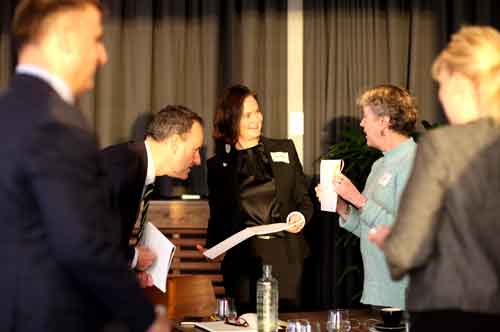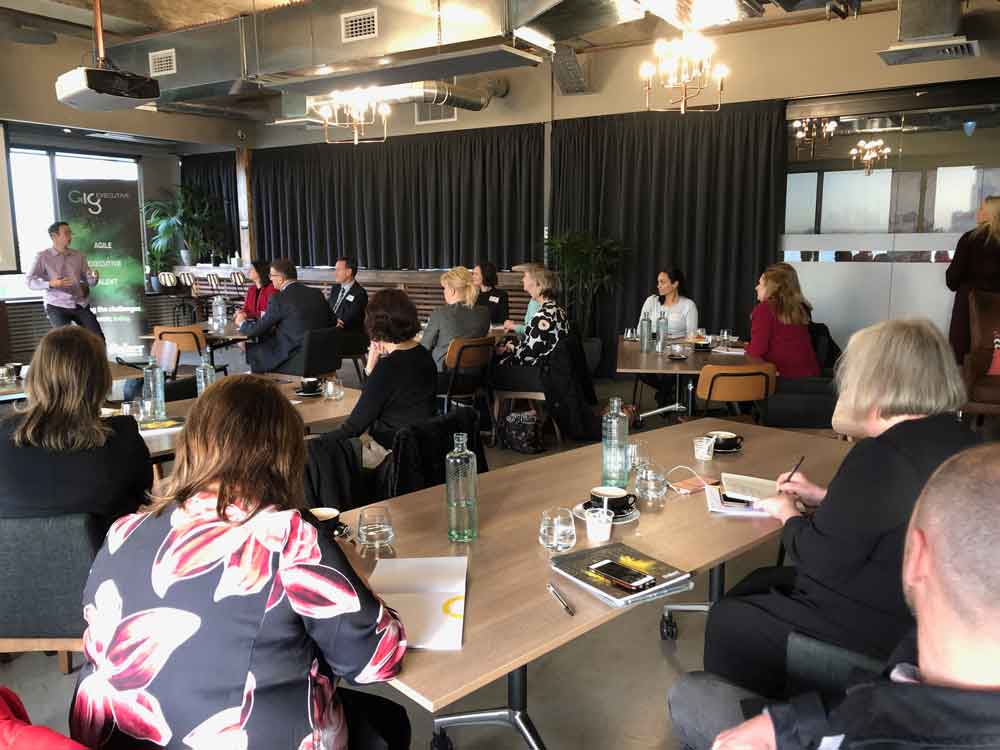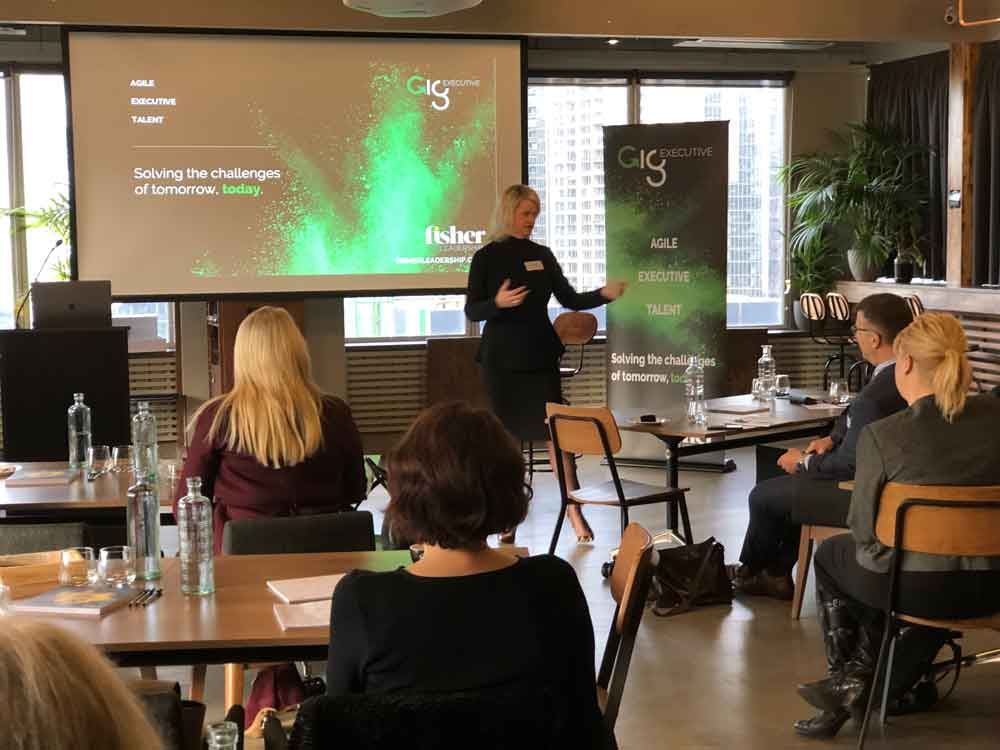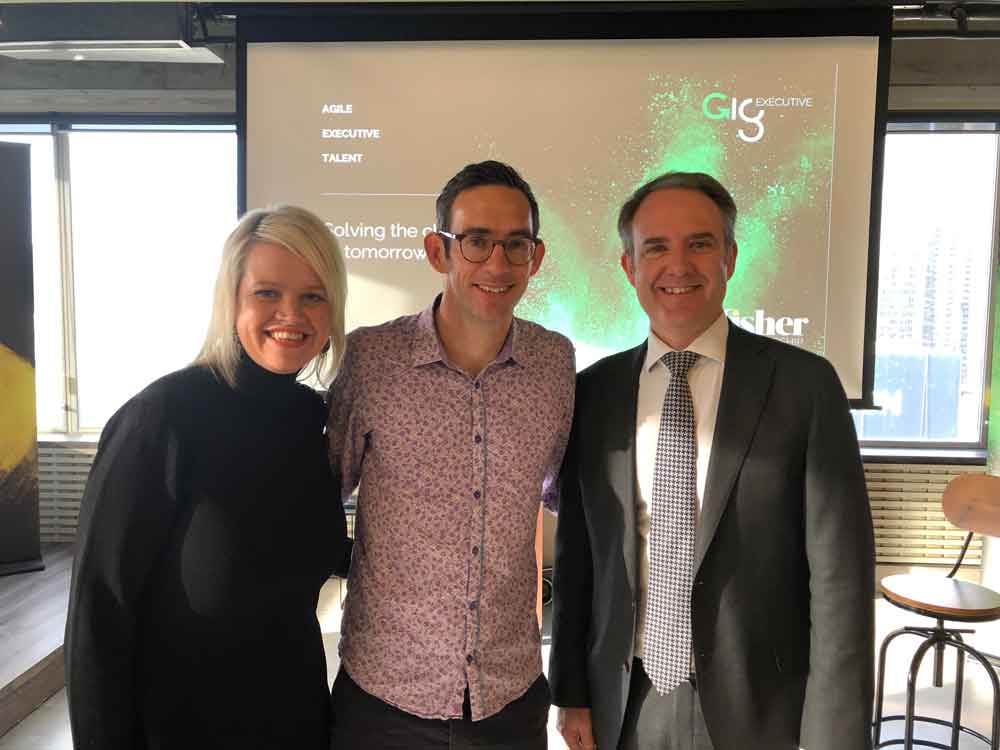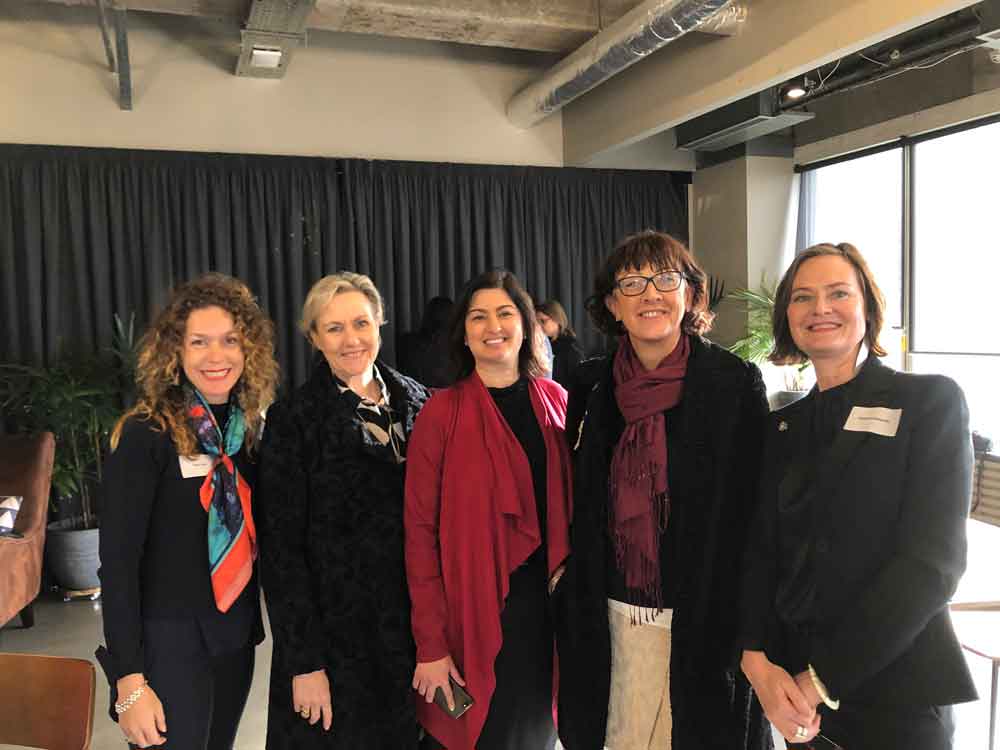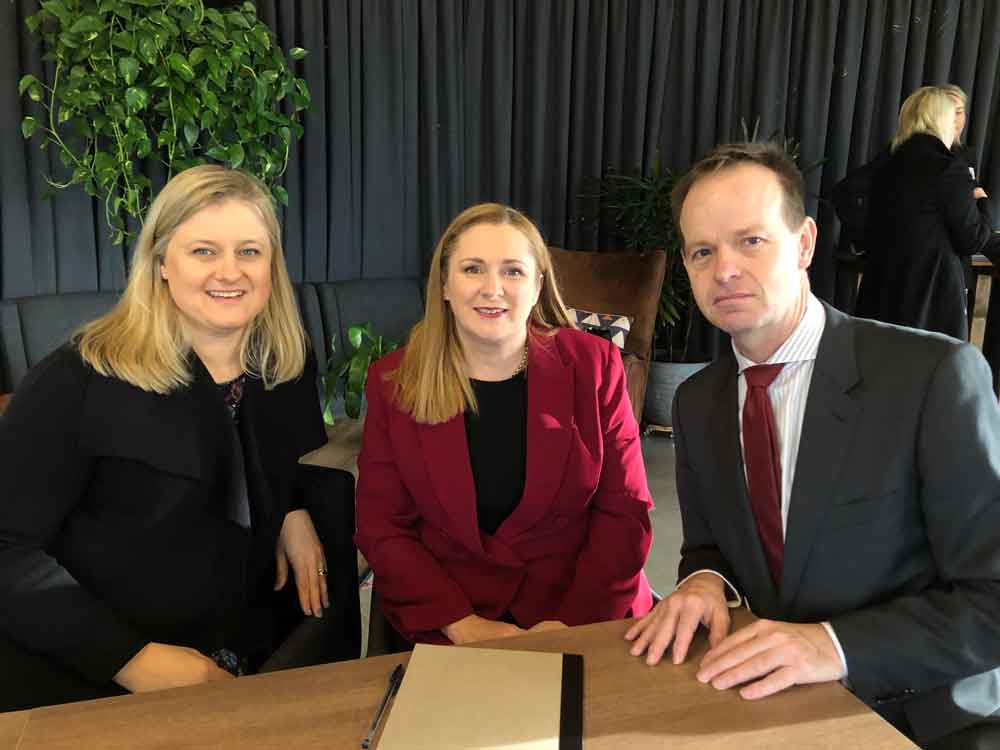Crafting the Future – Designing our Work
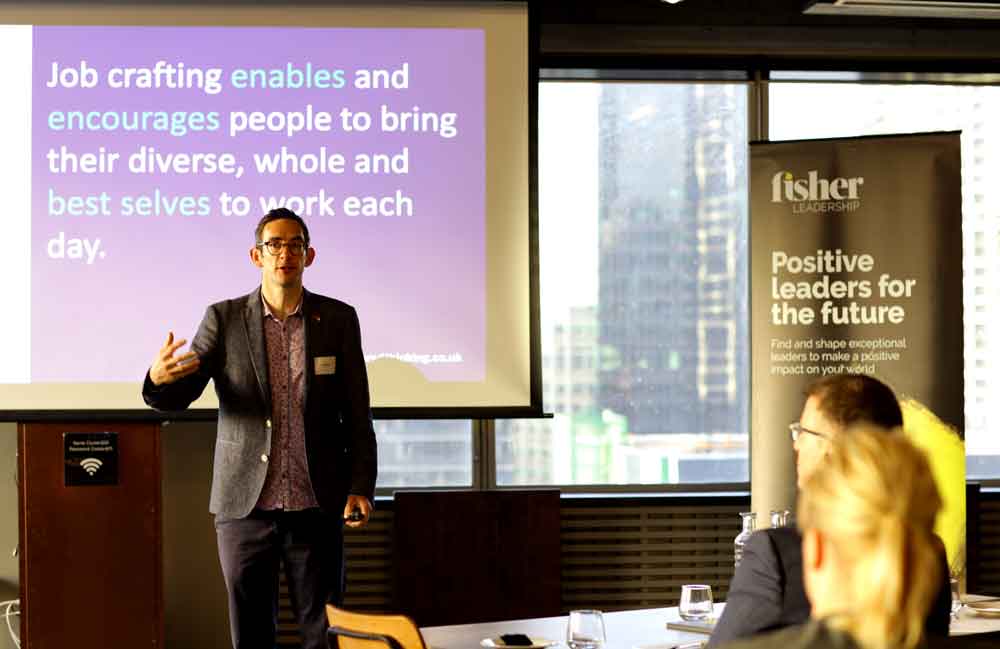
Last month we invited Rob Baker, Job Crafting expert from the UK to come and speak to People leaders about empowering employees to design their own work.
Excerpts from Rob Baker…
We live in a world where the personalisation of goods, services and activities is becoming ever more prevalent and popular. From the comfort of your sofa, you can now personalise your trainers, order made-to-measure clothes, customised tubs of nuttella and (at a considerable price) book bespoke holidays.
We customise our experiences, homes and artefacts for a variety of reasons; to have a closer, more comfortable fit with our physical and psychological selves and to have our own personal style, beliefs and passions reflected in what we do and how we do it.
One area where you hear distinctly less about the opportunity to customise and personalise is the world of work. Many people I have spoken to, often think of their work as fixed and defined with little opportunity to shape or change their tasks, interactions and activities.
Rob made some great points to consider, including:
- People do the job that they’re given, they like the role they build, and they love the role they create
- We too easily get caught up in the risk of what would happen if we permit people to have more agency in their work? However, science tells us that an approach such as job crafting increases engagement, accountability and outcomes
- When we look at how we spend our time, what mechanism are we using to balance energy-giving tasks with energy-draining tasks?
- What can we do for 5 minutes each day to improve our experience of work?
I have been exploring and challenging this perspective through a number of workshops that I have been running over the last two months. These sessions have introduced the concept of job crafting which helps employees to tailor their approach to work in order to to make it more personal, individual and meaningful. I stumbled across the concept of job crafting through my recent Masters studies at the wonderful Centre of Positive Psychology at the University of Melbourne.
Rob Baker, 2016
Job crafting is a process where employees actively change or customise how they approach, undertake or think about their work to better suit their own personal strengths, preferences and interests. The concept was developed by Amy Wrzesniewski and Jane Dutton in 2001 and research within the field has been steadily growing.
Rob was drawn to job crafting having read the studies outlining how job design behaviour is related to a number of positive outcomes for staff. Specifically, a number of studies have found a correlation between active job crafting and reported levels of happiness, wellbeing, engagement and job satisfaction.
There are three main types of job crafting: task crafting refers to tangibly changing aspects of how we undertake our work including designing, adding or removing tasks, relational crafting is about shaping how we relate and engage with others, including building and adapting our relationship with co-workers and cognitive or perception crafting is about reframing how we think about our work in general including the value and significance it brings to us personally and others.
Through my workshop, I wanted to share this latest science and approach related to job redesign which is currently being implemented by organisations such as Google and Logitech. In addition to exploring the concept of job crafting we discussed different approaches and opportunities to personalise our work and attendees shared stories of when they had job crafted previously. At the end of the job crafting sessions, I challenged all attendees to set at least one job crafting goal, to write it down and if possible talk to someone else about it.
Rob Baker, 2019
For further information about job crafting and to develop your own goals see Harvard Business Review. You may also want to check out this video of Amy Wrzesniewski talking at Google.
Dream jobs, are often described as those that reflect our personal strengths and passions. Who knows, by making small changes in respect of how you approach, act and think about your current work, in recognition of your own talents and interests you could subtly shift your current role much closer to that job of your dreams.




